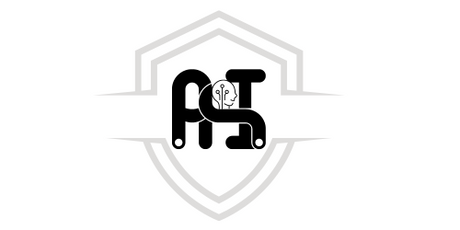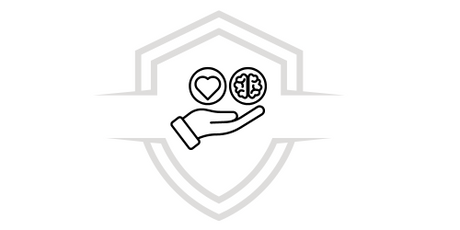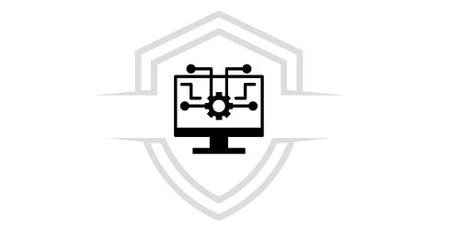Emotional intelligence is understood as the set of abilities that people have to understand, recognize and manage their own emotions, feelings and sensations, as well as those of the people around them, for example: empathy, communication skills and self-control.
Emotional intelligence is important because it establishes our ability to relate to others, to achieve our goals, even in unpleasant situations. When you have developed emotional intelligence, you have more chances of success in your life. It is not about always being a nice person, or skillfully taking advantage of others, as is sometimes thought. It consists of knowing how to manage our emotions even in difficult times and being able to relate to others in an efficient and satisfactory way.
It has been proven that 65% of success at work is motivated by a good use of emotional intelligence, not only with yourself, but with others by applying empathy, in order to influence or persuade. Some of the benefits we can obtain are:
- It allows the people around us to feel comfortable with us.
- Others do not experience negative feelings with our presence.
- People have greater confidence in us when they need advice or guidance, whether on a personal or professional level.
Developing your emotional intelligence at work is a great tool for achieving good working relationships, and this knowledge is not only applicable in business, but also in personal relationships. To apply emotional intelligence well at work, it is important to take into account the following key aspects:
Key aspects to achieve emotional intelligence at work
1. Self-knowledge
Practice self-awareness. A self-aware person is able to recognize and understand his or her strengths and weaknesses. He or she is able to identify situations where negative and positive feelings or emotions arise in his or her work environment.
2. Personal Motivation
Personal motivation is a fundamental pillar of emotional intelligence at work. Self-motivation on a daily basis is very important and do not expect the company or your immediate boss to do it. People who are emotionally intelligent have the motivation to achieve their goals, without the need to be supervised, as they are resilient and optimistic when facing difficult situations at work.
3. Develop Empathy
The ability to empathize with others helps to provide excellent service and to respond intelligently to other people's questions or concerns. It allows us to know when is the best time to propose new ideas. It is important to develop the ability to put ourselves in the shoes of others, in order to know how what I say can influence the other person's emotional intelligence and what it can generate.
4. Communication and social relations
Good relationships and active communication with our coworkers help us positively in our professional development. Establishing emotional bonds makes our work environment much more pleasant, benefiting our personal well-being.
You will be more competent if you can effectively relate to others to achieve the action required.
5. Don't forget the goal
Being clear about the objective of your actions and efforts will allow you to continue to achieve your goals despite the difficulties that may arise. People who manage to achieve their goals always keep in mind what their objective is and use skills that motivate them to continue successfully.
6. Eliminate toxic relationships
Toxic or negative people and clients can affect a good working relationship. We can avoid burdening ourselves with negative energies by applying emotional intelligence. Try as much as possible to manage or stay away from all those situations that do not bring anything positive to your life.
Business leaders value people who have already developed a high level of emotional intelligence. Learning to differentiate between a positive and a pessimistic attitude is based on the approach with which we see things. Getting bogged down in inconveniences and difficulties causes apathy and discouragement.
FREE DOWNLOAD
We present you a guide with the most relevant terms of emotional intelligence that will help you in your personal development.
Let's be optimistic, let's make an effort to find solutions, advantages and possibilities. Use useful skills that help you relate in your work environment, controlling your own emotions. Avoid responding impulsively to a coworker, do not generate unnecessary arguments and develop the respect of the people around you. These are some tips to begin developing your emotional intelligence in your work environment.
Now that you know the importance of emotional intelligence at work, start applying these little tips in your daily life.
Do you want to continue learning about emotional intelligence? We invite you to learn about our course Emotional Intelligence for Leaders, where you will identify the best attitudes and challenges to face, so that in the workplace you can be a leader who positively influences everyone.
Courses that may interest you
Do you want to learn more about the most valuable tools in the Human Resources area? We recommend our Mindfulness and Wellbeing, Effective Communication and Assertive Communication courses so you can make the most of other skills.















